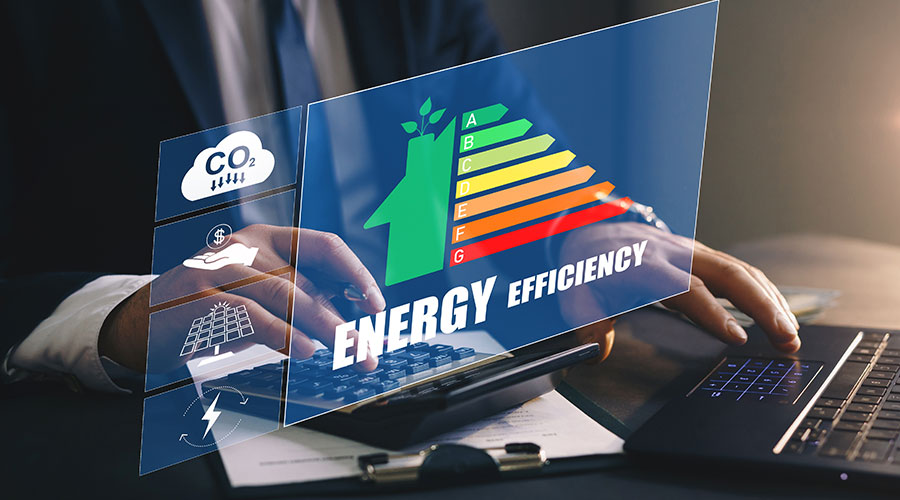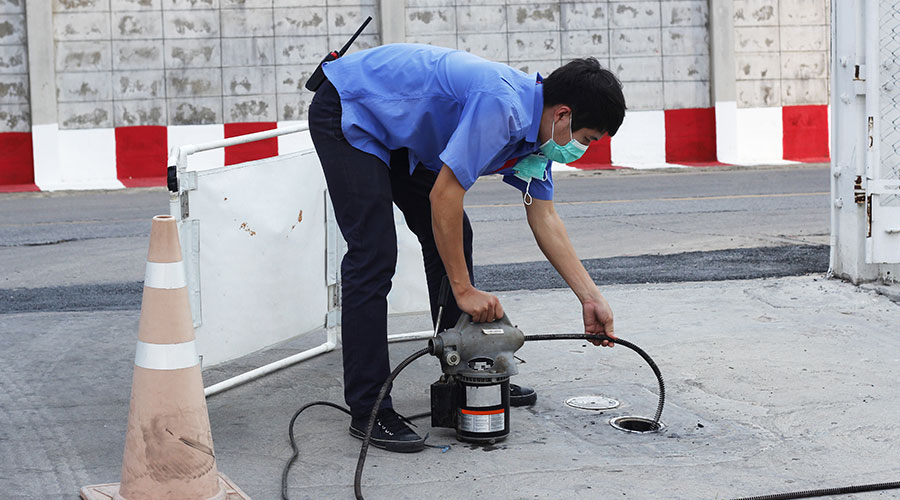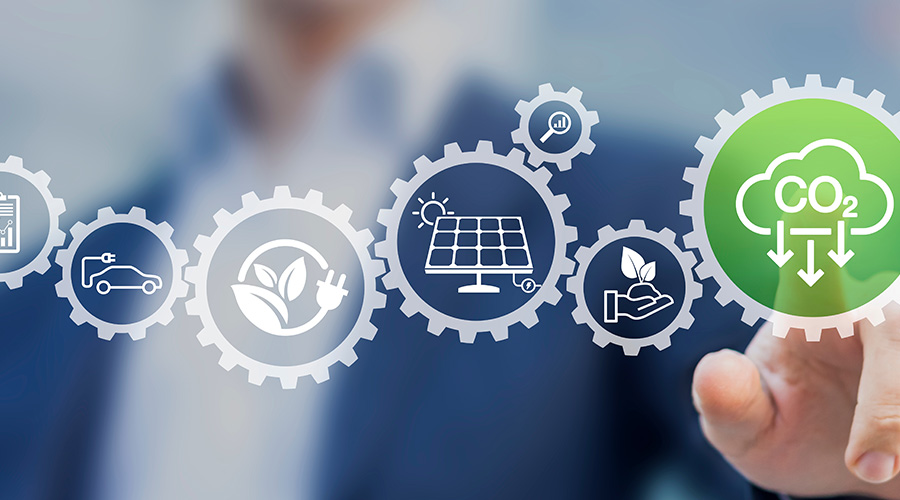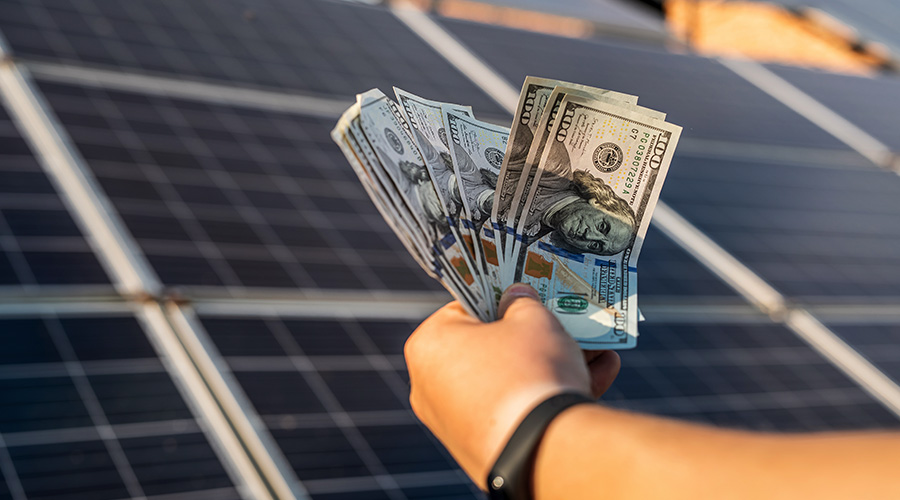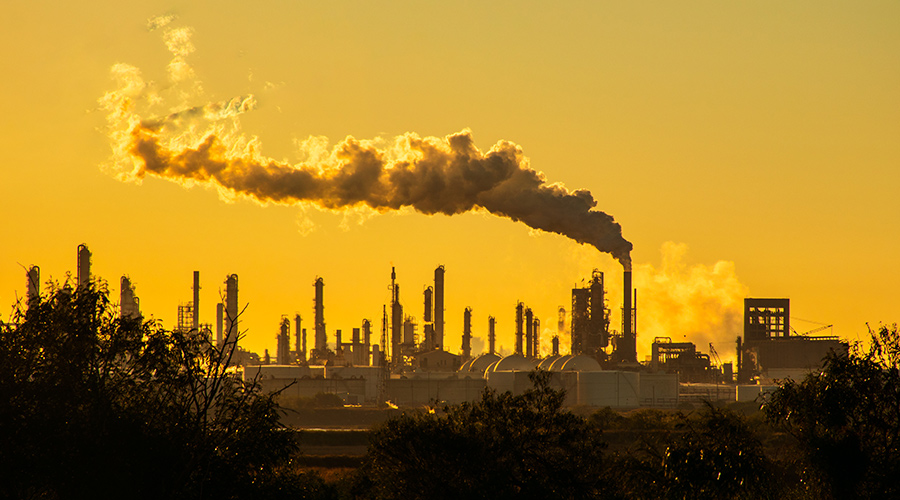New Energy Efficiency Bill Could Slash Emissions, Energy Demand
A new bipartisan bill under consideration in Congress devoted to making the nation more energy-efficient would create a cleaner, more sustainable, more energy-secure future.
By CleanLink Editorial Staff
A new bipartisan bill under consideration in Congress devoted to making the nation more energy-efficient would create a cleaner, more sustainable, more energy-secure future.
S.1115, the Energy Efficiency Promotion Act of 2007, was introduced this week by Energy and Natural Resources Chair Sen. Jeff Bingaman (D-N.M.), and Ranking Member Pete Domenici (R-N.M.). The bill supports advanced lighting technologies; expedites establishment of important new appliance and equipment energy-efficiency standards; promotes high-efficiency vehicles, batteries, and energy storage; sets national energy-efficiency goals; directs federal leadership in energy efficiency; creates a nationwide consumer education and awareness campaign; and authorizes federal funding assistance to help state and local governments achieve greater energy efficiency.
In the lighting area, for example, the bill states that "national policy can support a rapid substitution of new, energy-efficient light bulbs for the less-efficient products in widespread use" to achieve annual savings of $18 billion, 158 million tons of emissions, and the amount of electricity produced by 80 base load coal-fired power plants.
"This bill comes at a critical time in our nation's energy history, with gasoline prices again topping $3 a gallon across the country, increasing public concern about the contribution of our energy use to climate change, and a growing awareness of national security issues caused by our wasteful use of energy," says Alliance President Kateri Callahan. "We must employ energy efficiency as our greatest national resource if we are to ensure a sustainable energy future for our country, and S.1115 is a good start toward reaching this goal."
In the transportation area, the bill sets a goal of reducing gasoline use, compared with currently projected levels, by 20 percent by 2017, 35 percent by 2025, and 45 percent by 2030, according to the Alliance to Save Energy (ASE). The bill also sets a goal of improving the nation's overall energy productivity, measured in gross domestic product per unit of energy output, by 2.5 percent a year by 2012.
On the appliance standards alone, the bill would provide the following savings:
Electricity: At least 50 billion kilowatt hours per year, or enough to power roughly 4.8 million typical U.S. households;
Natural gas: 170 million therms per year, or enough to heat about a quarter million typical U.S. homes;
Water: At east 560 million gallons per day, or about 1.3 percent of total daily potable water usage; and
Dollars: More than $12 billion in net present benefits for consumers.
"The Bingaman-Domenici bill builds on the foundation created by the Energy Policy Act of 2005," Callahan says. "In combination with an expected energy tax package from the Senate Finance Committee, S.1115 would make significant progress toward extending the nation's energy supplies and making the nation more energy-secure.
"Advancing energy efficiency through federal policy is a 'win-win' for Americans, in that such measures can deliver substantial monetary savings to consumers and businesses - both directly and by lowering taxpayer-supported federal and state energy costs - and can substantially reduce global-warming emissions," Callahan says.
Related Topics:






